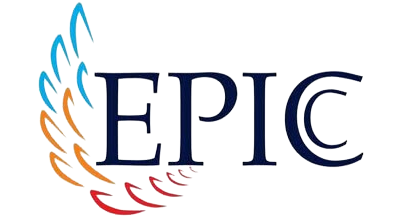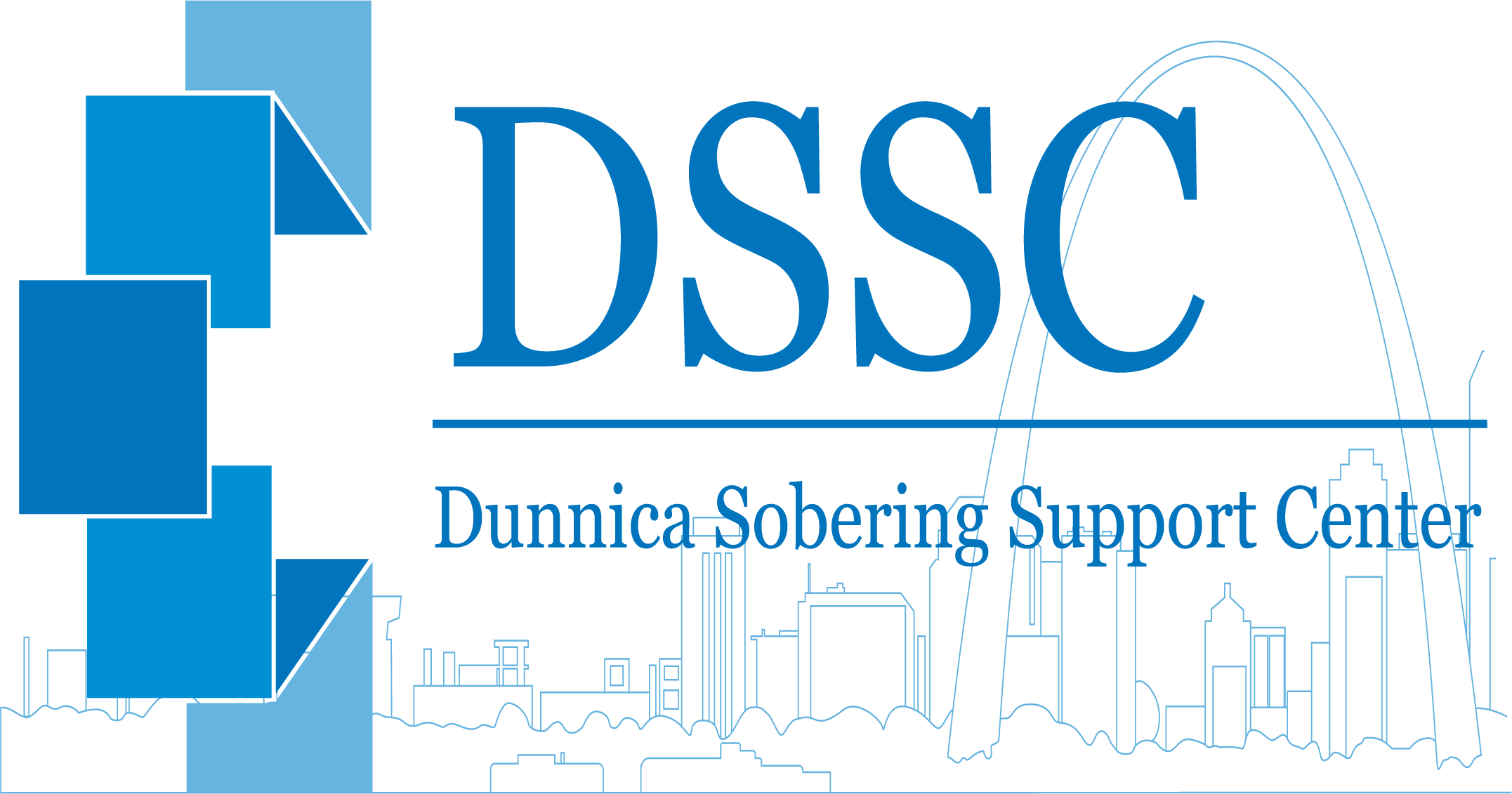Supporting Recovery
Recovery focused initiatives serve those struggling with substance use disorders (SUD) by connecting individuals (through peer supports) to treatment and recovery options. Outreach staff also engage with clients to address social determinants of health (SDOH), provide education, and long-term solutions to sustain recovery and encourage prevention.
Programs
EPICC
Engaging Patients in Coordinated Care
DSSC
Dunnica Sobering Support Center
Family TREE
Youth and Family Treatment Enhancement and Expansion
Engaging Patient in Coordinated Care

The goal of EPICC is to reduce the number of opioid-related deaths in Eastern Missouri.
Program Impact
Program Overview
Peer Recovery Coaches
Medication Assisted Treatment
Partnerships
Addressing Special Populations
Jennifer Miller
Director of Community Programs
Epicc has served 15,185 clients since the beginning in 2016.
unique clients referred
Dunnica Sobering Support Center

The Dunnica Sobering Support Center (DSSC) is the result of a collaborative planning process, facilitated by BHN, that involved multiple stakeholders from healthcare, law enforcement and behavioral health. BHN and community partners, including law enforcement, designed and implemented the first Sobering Center in the region and state of Missouri. The facility opened in December of 2021 and is managed by Preferred Family Healthcare.
Program Overview
The center is a 23-hour crisis stabilization unit offering services to those actively under the influence of drugs and/or alcohol as a safe space to get sober and keep from depleting resources at hospital emergency rooms and among law enforcement.
Desired Impact
Divert and minimize involvement with the criminal justice system
Reduce the time that law enforcement spends out of service through quick drop off
Reduce preventable use of emergency departments
Provide referral/linkage services for behavioral health and substance use disorder treatment and community supports to address social determinants of health.
Jennifer Miller
Director of Community Programs
Youth and Family Treatment Enhancement and Expansion (Family Tree)
Family TREE enhances and expands comprehensive treatment, early intervention, and recovery support services for youth (ages 12 – 18) with:
-
substance use disorders (SUD) and/or
-
co-occurring substance use and mental disorders (COD),
and their families/primary caregivers.
TREE recognizes that family/primary caregiver involvement in a youth’s treatment is a key factor in effective treatment and recovery programs.
Program Overview
Services for youth and family members
Community outreach
Behavioral Health Network partners with hospitals and urgent care centers to improve conversations about substance use with their patients and encourage the use of standard screening tools. For example, a youth may be admitted to an inpatient medical unit because they broke a leg while riding their bike intoxicated, and if properly screened they can be referred for help.
Dana Silverblatt
Director of Community Programs



